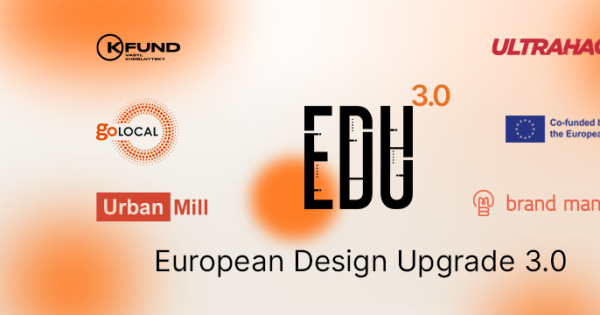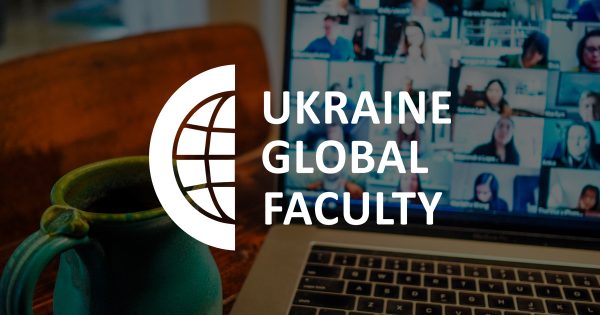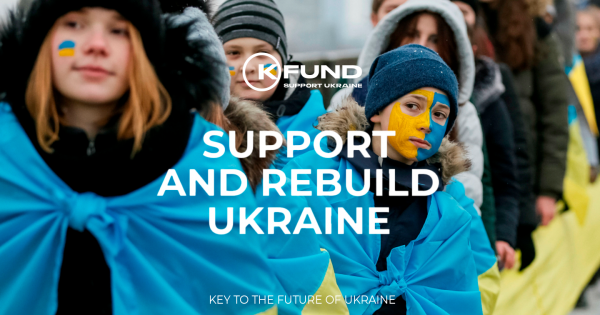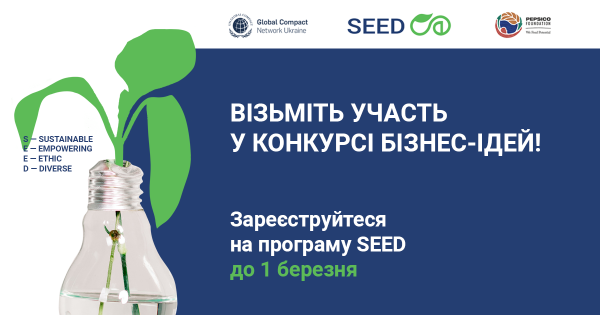Business financial intl support model in Ukraine requires revision – Vasyl Khmelnytsky
11 December, 2015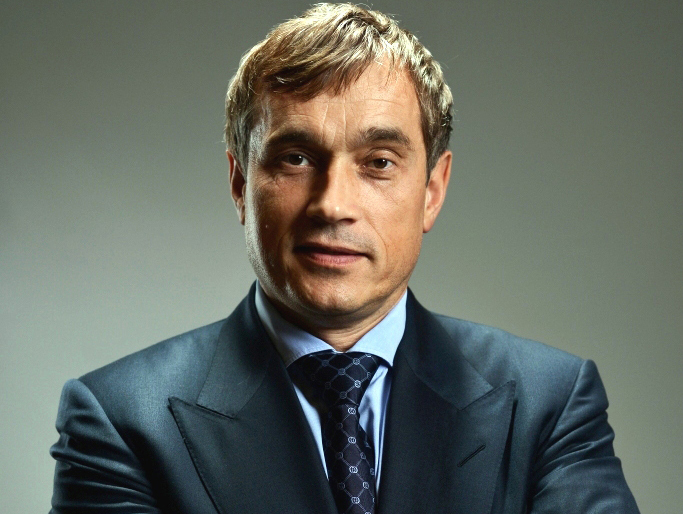
The deep and comprehensive free trade area (DCFTA) with the European Union opens large opportunities for Ukraine, although Ukrainian business requires adapting to European rules and facilitating access to international financing to use them, First Vice President of the Ukrainian League of Industrialists and Entrepreneurs (ULIE) Vasyl Khmelnytsky has said.
“Potentially, there is the money, but in practice the model does not work. For example, the World Bank provided $2.8 billion for development of infrastructure and other projects in Ukraine in 2015. Only $100 million were used. This is less than 4%,” Khmelnytsky said, speaking in the European Parliament at the meeting devoted to the Ukraine-EU DCFTA.
He said that the EU provided EUR 920 million of guarantees to Ukrainian intermediary banks until 2020 to credit small and medium enterprises, although Ukrainian enterprise actually cannot receive this money due to high credit rates and the absence of viable projects.
“Banks issue credits at 15% in foreign currency at 26% in hryvnias. I have large experience in business, but I would not risk taking the money at this rate,” he said.
Khmelnytsky urged to draw up mechanisms that will unblock the funds of European financial institutions to credit Ukrainian business projects.
The businessman said that in the current conditions exports from Ukraine to the EU fell by 35.6% in H1 2015.
“The reason is not in the quality of our products, but the reason is that many companies do not understand who to receive European certificates and how to find sales channels,” he said.
European Parliament Vice President Ryszard Czarnecki, representatives of the parliamentary delegation for Ukraine and the Committee on International Trade of the European Parliament spoke to the conference participants in Brussels.
Europeans calls on their Ukrainian counterparts and the Ukrainian government to accelerate the adoption of amendments to legislation required for successful introduction of DCFTA, developing business and attracting foreign direct investment. They agreed that the European Commission should pay more attention to the planning and implementation of the programs financed by the EU and aimed at supporting the development of business, small and medium enterprise and Ukraine’s exports potential.
A joint communiqué was issued after the meeting. The sides confirm desire to cooperate, particularly, to have more structural and regular cooperation between Ukrainian NGOs and the EU authorities. The meeting participants also approved the creation of the National Forum for Transformation of Ukraine (NFTU) aimed at building the constructive dialog between all population groups and governmental structures of Ukraine and the EU.


